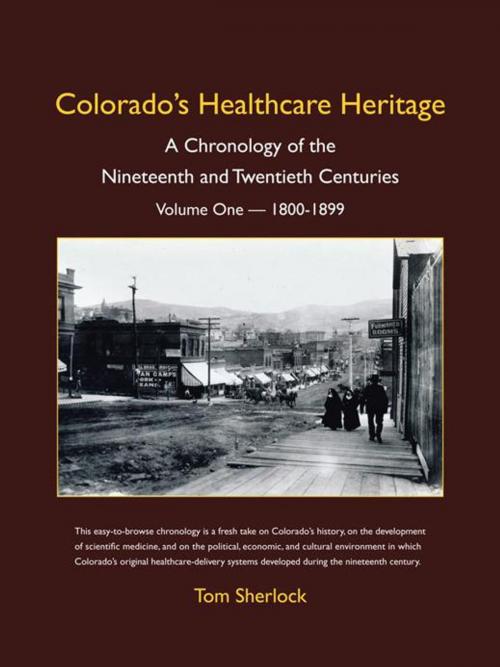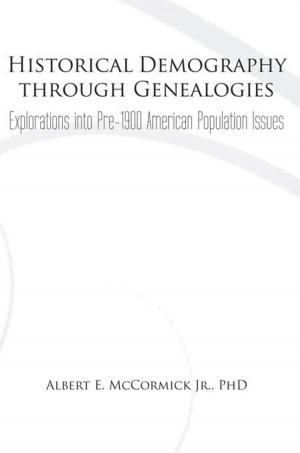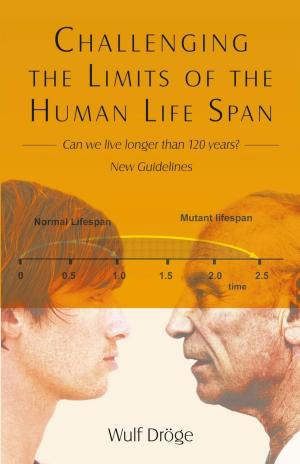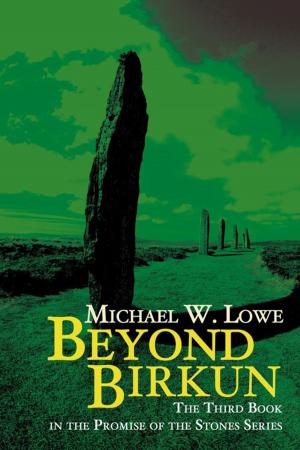Colorado's Healthcare Heritage
A Chronology of the Nineteenth and Twentieth Centuries Volume One — 1800-1899
Nonfiction, History, Americas, United States, 19th Century| Author: | Thomas J. Sherlock | ISBN: | 9781475980264 |
| Publisher: | iUniverse | Publication: | April 15, 2013 |
| Imprint: | iUniverse | Language: | English |
| Author: | Thomas J. Sherlock |
| ISBN: | 9781475980264 |
| Publisher: | iUniverse |
| Publication: | April 15, 2013 |
| Imprint: | iUniverse |
| Language: | English |
In the early days on the Colorado frontier, women took care of family and neighbors because accepting that were all in this together was the only realistic survival strategyon the high plains, along the Front Range, in the mountain towns, and on the Western Slope.
As dangerous occupations became fundamental to Colorados economy, if they were injured or got sick there was no one to care for the young men who worked as miners, steel workers, cowboys, and railroad construction workers in remote parts of Colorado.
So physicians, surgeons, nurses, Catholic Sisters, Reform and Orthodox Jews, Protestants, and other humanitarians established hospitals andwhen Colorado became a mecca for people with tuberculosissanatoriums. Those pioneers and the communities they served created our community-based humanitarian healthcare tradition.
These stories about our Wild West heritage honor the legacy of our 19th-century healthcare pioneers and will inspire and entertain 21st-century readers. Because we can be inspired only if we understand the factsand because facts are more likely to be understood when presented in contextthis chronology includes national and international developments that establish an indispensable frame of reference for understanding how our pioneers created the local-community-based healthcare system that weve inherited.
In the early days on the Colorado frontier, women took care of family and neighbors because accepting that were all in this together was the only realistic survival strategyon the high plains, along the Front Range, in the mountain towns, and on the Western Slope.
As dangerous occupations became fundamental to Colorados economy, if they were injured or got sick there was no one to care for the young men who worked as miners, steel workers, cowboys, and railroad construction workers in remote parts of Colorado.
So physicians, surgeons, nurses, Catholic Sisters, Reform and Orthodox Jews, Protestants, and other humanitarians established hospitals andwhen Colorado became a mecca for people with tuberculosissanatoriums. Those pioneers and the communities they served created our community-based humanitarian healthcare tradition.
These stories about our Wild West heritage honor the legacy of our 19th-century healthcare pioneers and will inspire and entertain 21st-century readers. Because we can be inspired only if we understand the factsand because facts are more likely to be understood when presented in contextthis chronology includes national and international developments that establish an indispensable frame of reference for understanding how our pioneers created the local-community-based healthcare system that weve inherited.















